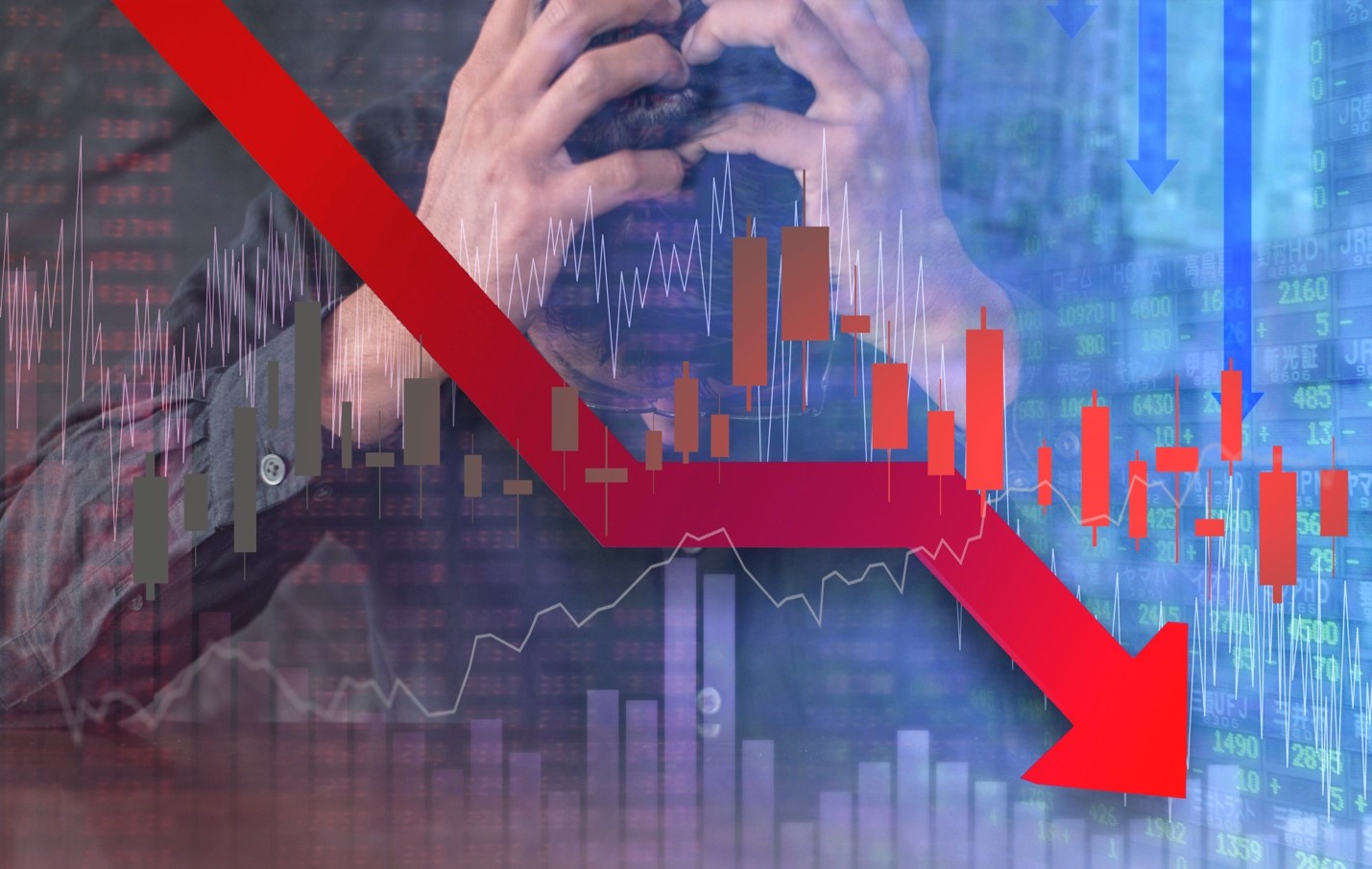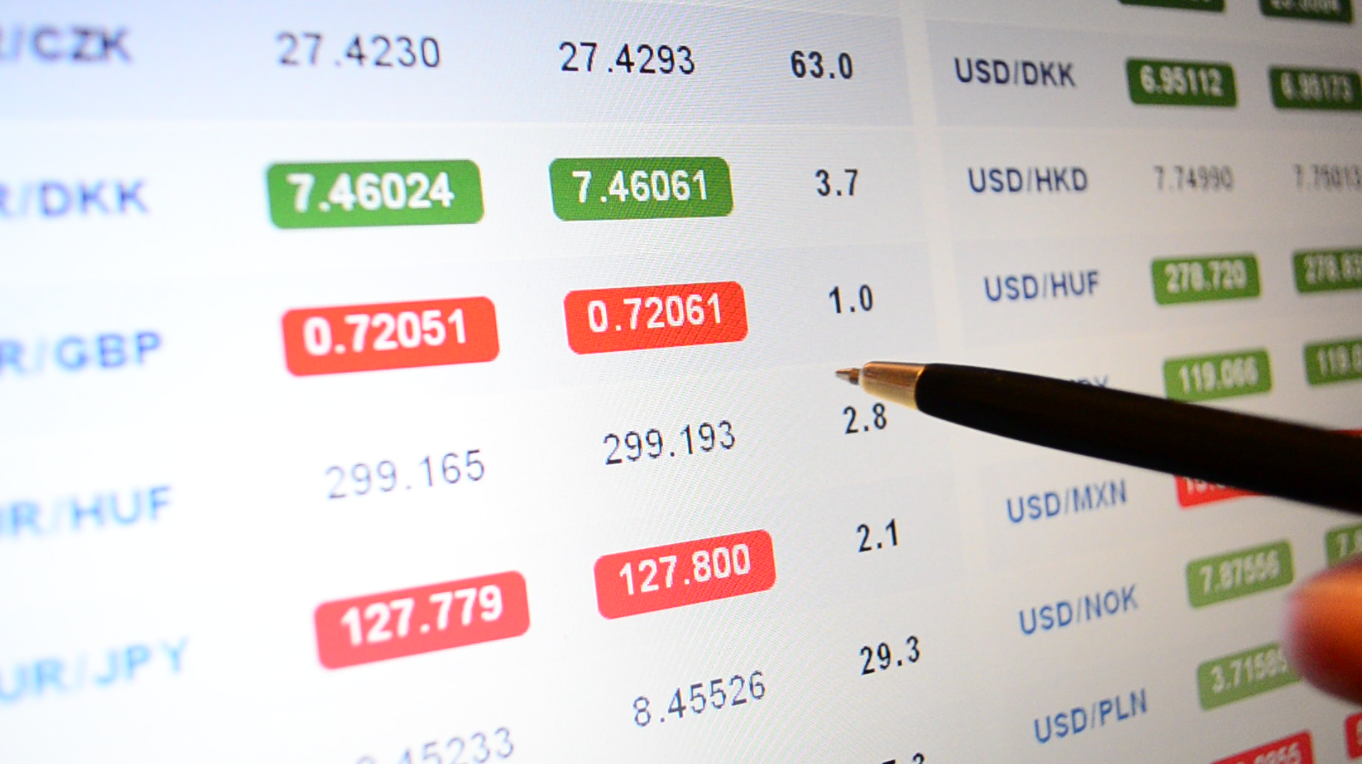Is Forex Going to End in 2026? Debunking the Myths
The foreign exchange market, commonly known as Forex, is a global financial marketplace where currencies are traded. It is the largest and most liquid market in the world, with a daily trading volume that surpasses $6 trillion. However, in recent years, there have been speculations and concerns about the future of Forex, with some even suggesting that it might end by 2026.
The historical importance and enduring strength of Forex
Forex trading boasts a rich historical heritage, with its roots dating back to the early 1900s, a period when countries engaged in trade and had the ability to convert received currencies into gold. However, the gold standard’s sustainability was challenged during the World Wars. Throughout its evolution, pivotal events like the Bretton Woods System from 1944 to 1971 have left a profound impact on the landscape of forex trading. Despite facing these challenges, the forex market has shown remarkable resilience as a worldwide benchmark of value.
It is crucial to emphasize the significance of central banks, governments, and international organizations in preserving the stability of forex. The Bank for International Settlements (BIS) has played a central role in encouraging cooperation among central banks and other entities in the pursuit of monetary and financial stability. Central banks also exert substantial influence by implementing monetary policies, including adjustments to interest rates and inflation management, to uphold forex stability. International organizations like the International Monetary Fund (IMF) step in to assist countries dealing with difficulties in their balance of payments.
The substantial liquidity and significant trading volume of the forex market serve as a testament to its ongoing relevance. As the world’s largest financial market, it documented an average daily trading volume of $5.1 trillion as of 2019. Even during the peak of the Great Financial Crisis, forex markets displayed their resilience. Furthermore, the forex market provides high accessibility and offers traders opportunities to profit from currency price fluctuations.
The Digital Transformation

For a significant duration, Forex trading has remained a favored investment choice. Nonetheless, there have been speculations surrounding its possible demise by 2026. Yet, upon closer scrutiny, no substantial evidence backs this assertionOne of the major factors fueling rumors about the end of Forex is the rapid digital transformation of the financial industry. In the past decade, advancements in technology, including the proliferation of cryptocurrencies and blockchain technology, have disrupted traditional financial markets. As we approach 2026, these digital innovations are expected to continue influencing the Forex landscape.
Cryptocurrencies:
The rise of cryptocurrencies like Bitcoin and Ethereum has impacted Forex trading. These digital assets, often referred to as “crypto crosses,” are being traded alongside traditional fiat currencies. Some claim that the growth of cryptocurrencies will render Forex obsolete. However, it is essential to recognize that cryptocurrencies and Forex serve different purposes. While cryptocurrencies offer decentralization and security, Forex provides stability and is backed by national governments and central banks.
Blockchain Technology:
The adoption of blockchain technology has introduced transparency and efficiency into financial transactions. In Forex, the implementation of blockchain can enhance security and reduce settlement times. However, this does not signify the end of Forex but rather an adaptation to modern technology.
Market Evolution, Not Extinction
The Forex market has shown remarkable resilience throughout its history. While it may evolve in response to technological changes and shifting global dynamics, it is unlikely to disappear entirely. Here are several reasons why the Forex market is expected to persist beyond 2026.

Global Economic Transactions:
International trade and investment will continue to drive the demand for Forex. Businesses and individuals require foreign exchange services to conduct cross-border transactions. Forex plays an indispensable role in facilitating global economic activities.
Currency Valuations:
National currencies will remain a fundamental part of the global financial system. Central banks utilize currency valuation as a tool to control inflation and economic stability. As long as countries have their own currencies, Forex will remain relevant for trading and managing these currencies.
Hedging and Risk Management:
Forex provides a platform for businesses and financial institutions to hedge against currency risk. As long as currency fluctuations persist, entities will seek to protect themselves from potential losses through Forex instruments.
Speculation and Investment:
Forex offers ample opportunities for traders and investors to speculate on currency movements. The allure of profit-making will continue to attract participants to the market.
Liquidity and Accessibility:
The Forex market’s remarkable liquidity makes it a preferred choice for traders. Furthermore, technological advancements have made Forex trading more accessible than ever before. This accessibility ensures a constant influx of market participants.
Challenges and Regulatory Changes

While the Forex market is expected to persist, it is not without its challenges. Regulatory changes, market manipulation concerns, and geopolitical issues can affect the market’s stability and reputation. However, these challenges are not new, and Forex has weathered such storms in the past.
Regulatory Changes:
Governments and regulatory bodies are likely to introduce new regulations to ensure market integrity and protect retail traders. These changes are aimed at minimizing excessive leverage and promoting transparency, which can strengthen the Forex market’s reputation.
Market Manipulation:
Ensuring market fairness and integrity is crucial to Forex’s survival. Continued efforts to combat market manipulation and unethical practices will be essential.
Geopolitical Factors:
Geopolitical events can influence currency valuations. Traders must stay informed about such developments to make informed trading decisions.
Conclusion
The notion that Forex will end in 2026 is a misconception. While the financial industry is experiencing rapid digital transformation, Forex will adapt and incorporate new technologies to remain relevant. The global need for foreign exchange services, currency valuations, hedging, speculation, liquidity, and accessibility ensures that Forex will continue to play a significant role in the financial world.
However, Forex will face ongoing challenges, including regulatory changes, market manipulation concerns, and geopolitical factors. It is crucial to recognize that these challenges are part of the market’s evolution and should not be seen as indicators of its impending demise. Forex traders and investors should stay informed, adapt to changes, and remain vigilant to navigate the market successfully in the years to come. As we approach 2026 and beyond, Forex will likely remain a vital component of the global financial system.
















